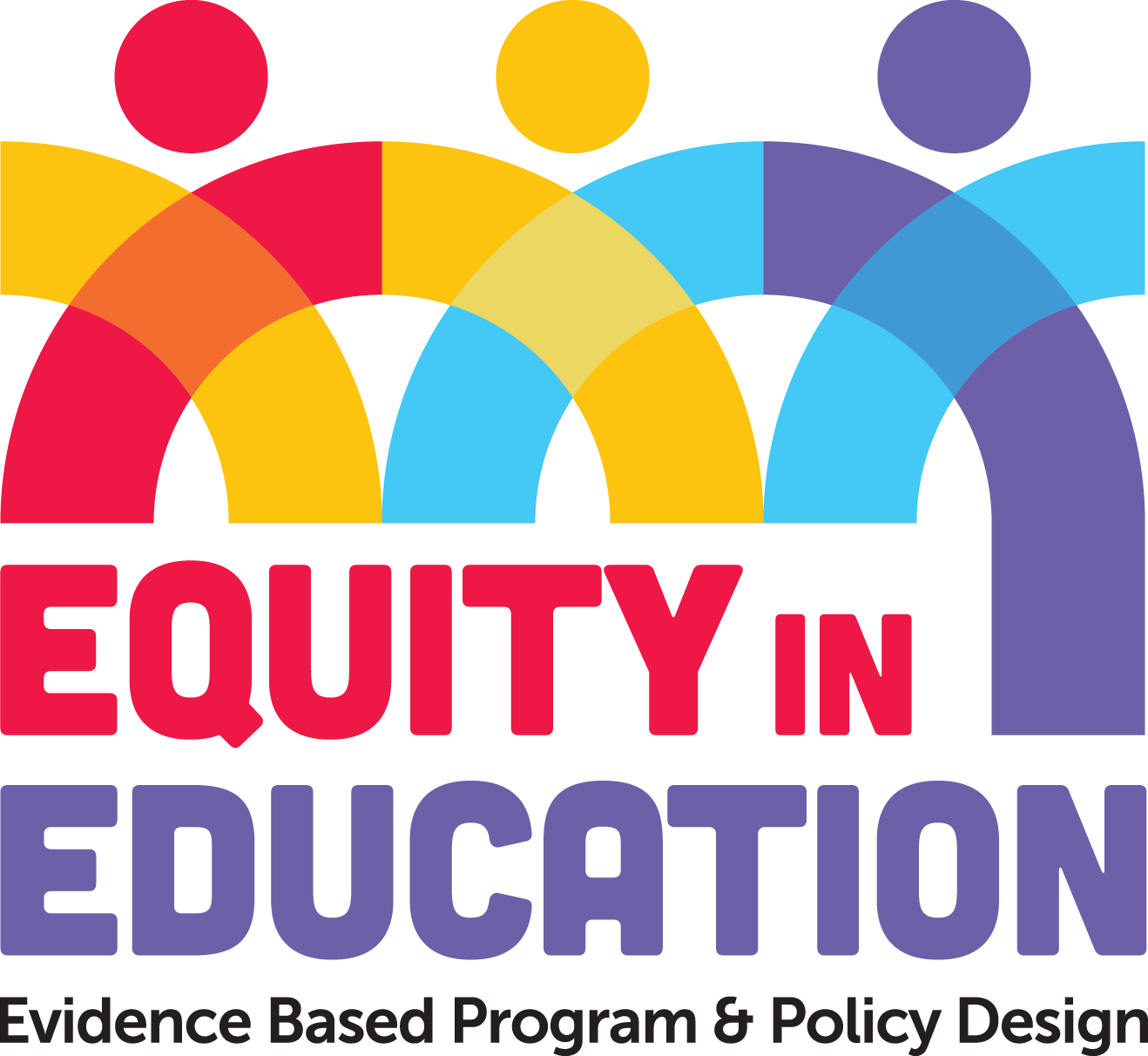Over the last two decades, consensus around what abilities people need to thrive in the global economy has coalesced around a set of core skills: creativity, collaboration, problem solving, ICT literacy, coding, and so on.
Some of the most influential voices pushing for the widespread adoption of these “21st century” or “future” skills are international organizations (e.g., OECD, World Bank), and global management consulting firms (e.g., McKinsey, Deloitte), which have been producing reams of reports on the subject for years.
This article examines the evidence base underpinning the policy recommendations put forth in these reports. Our lab collected over 200 reports produced by these organizations over the last decade and then extracted their bibliographic references.
Our lab’s analysis has revealed that these organizations base their claims on a few academic economists, a lot of grey literature, and high rates of self-citation. In other words, at best their claims are based on evidence that has serious gaps. At worst the claims function as an “ideational echo chamber,” reflecting opinions the authors already hold.
Despite this systemic lack of systematic evidence for their recommendations, international organizations and global management consulting firms have an outsized influence on policies related to 21st century skills. We call for more comprehensive and systematic evidence to inform policy recommendations regarding the educational and skills training landscape.






